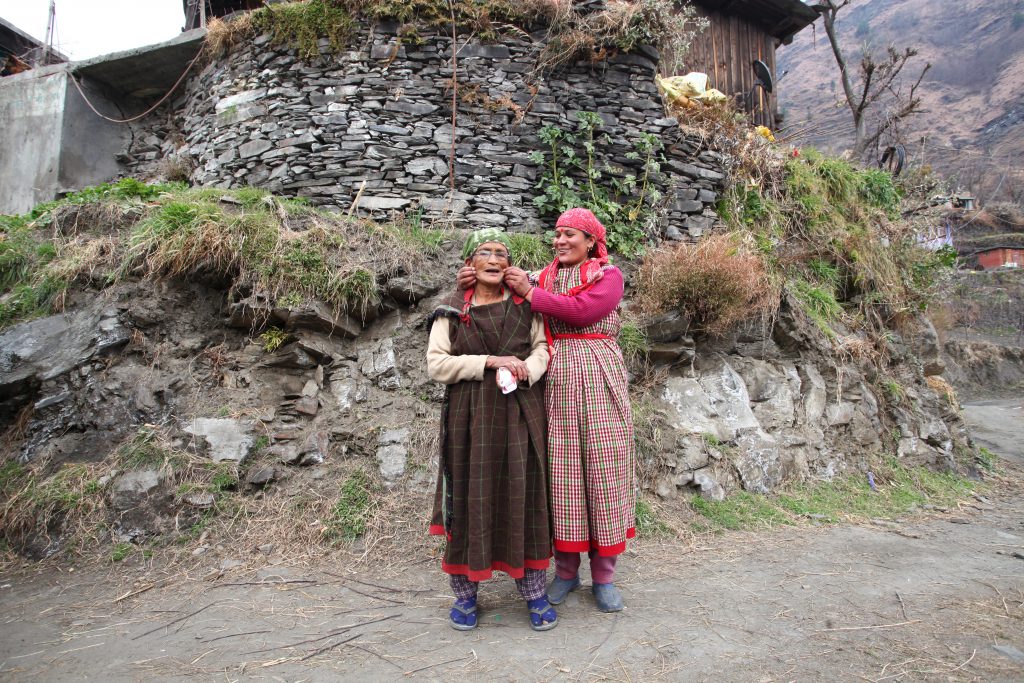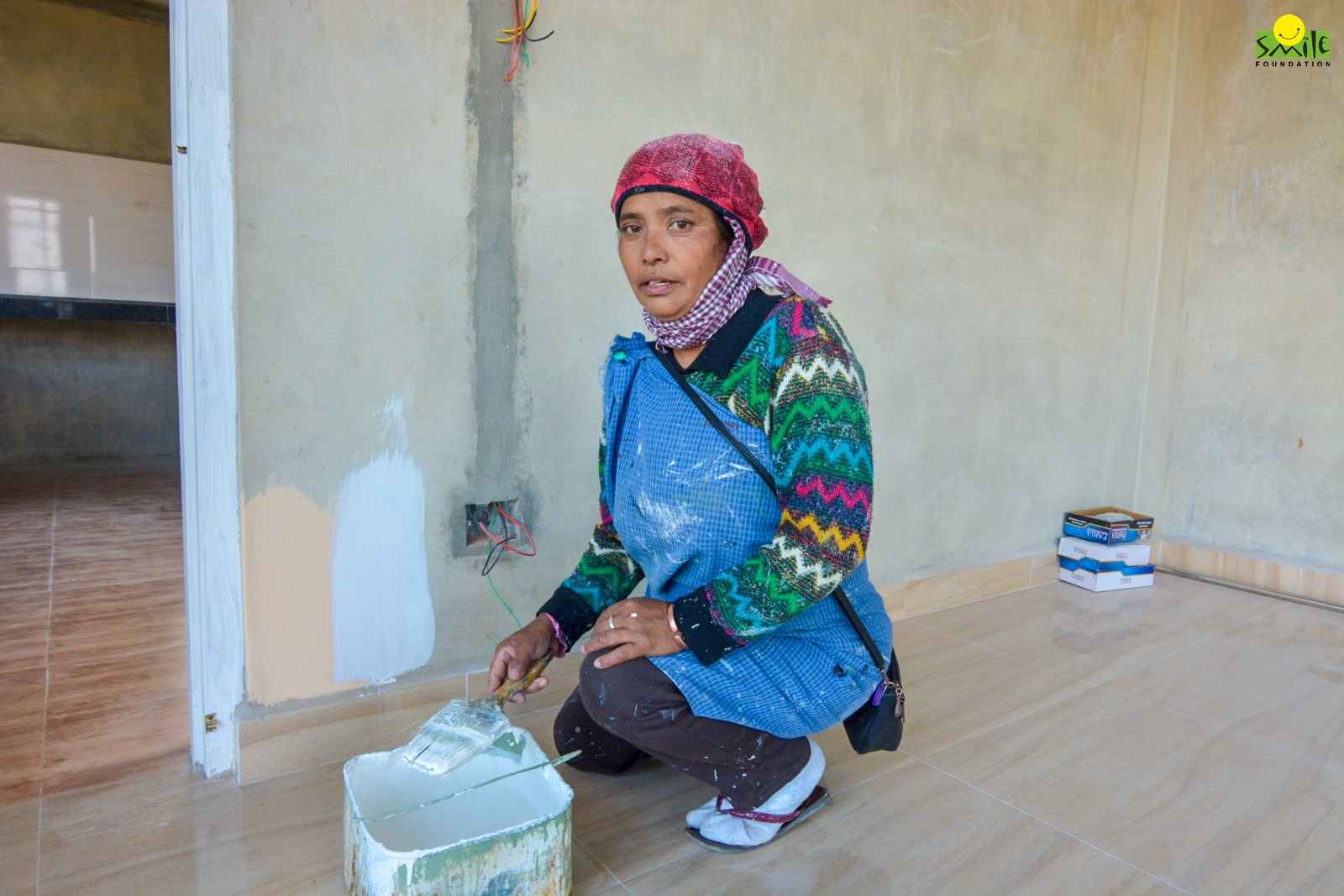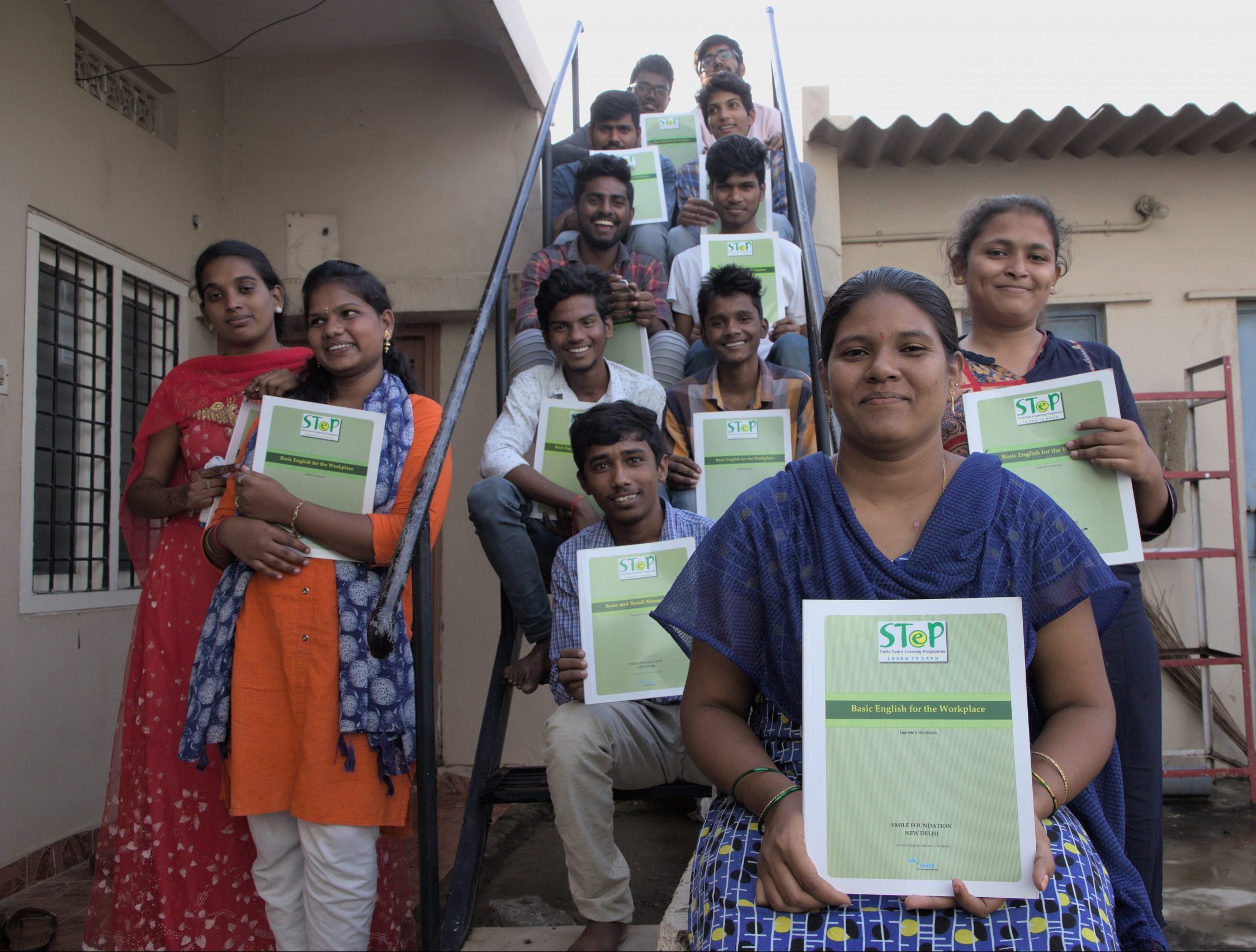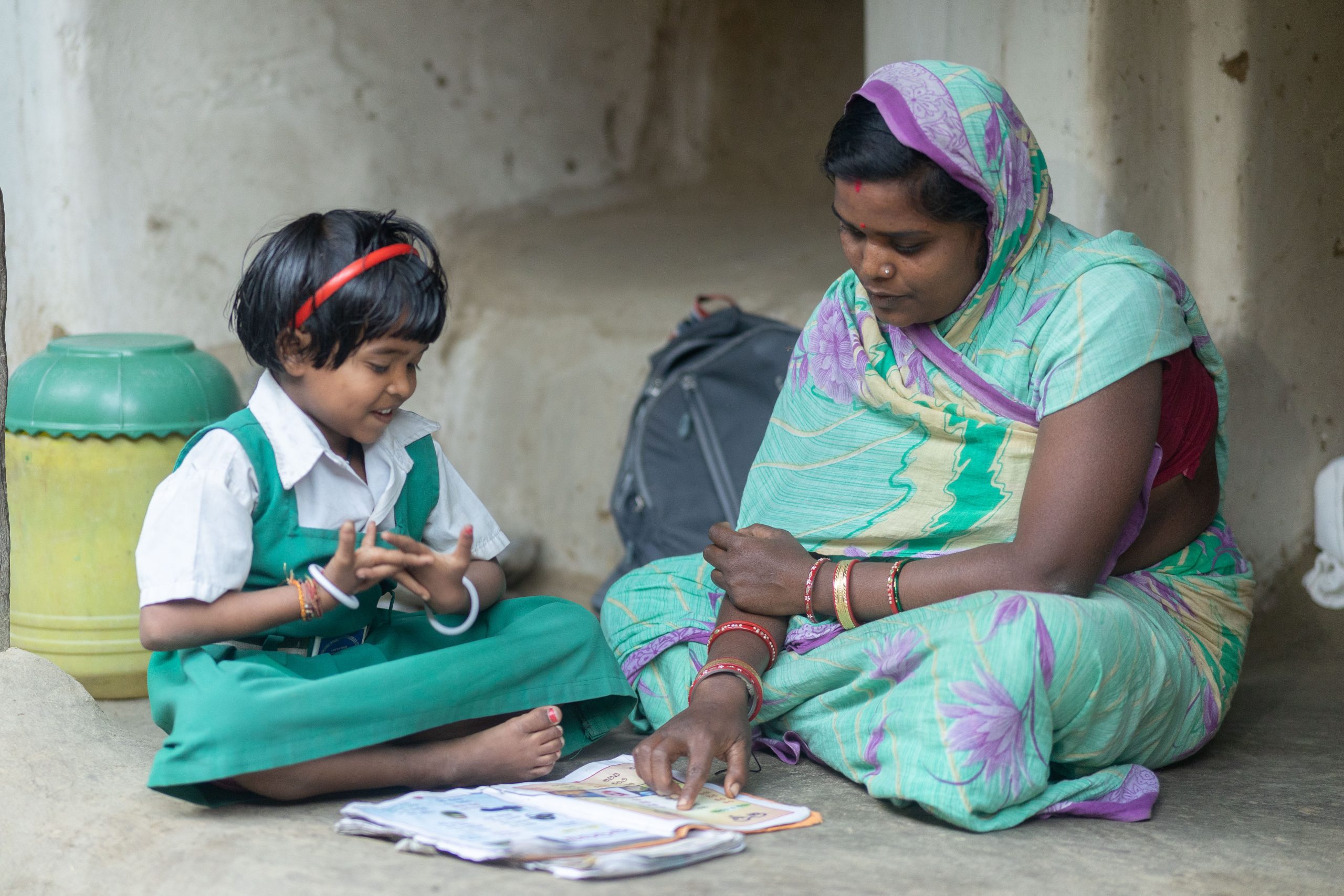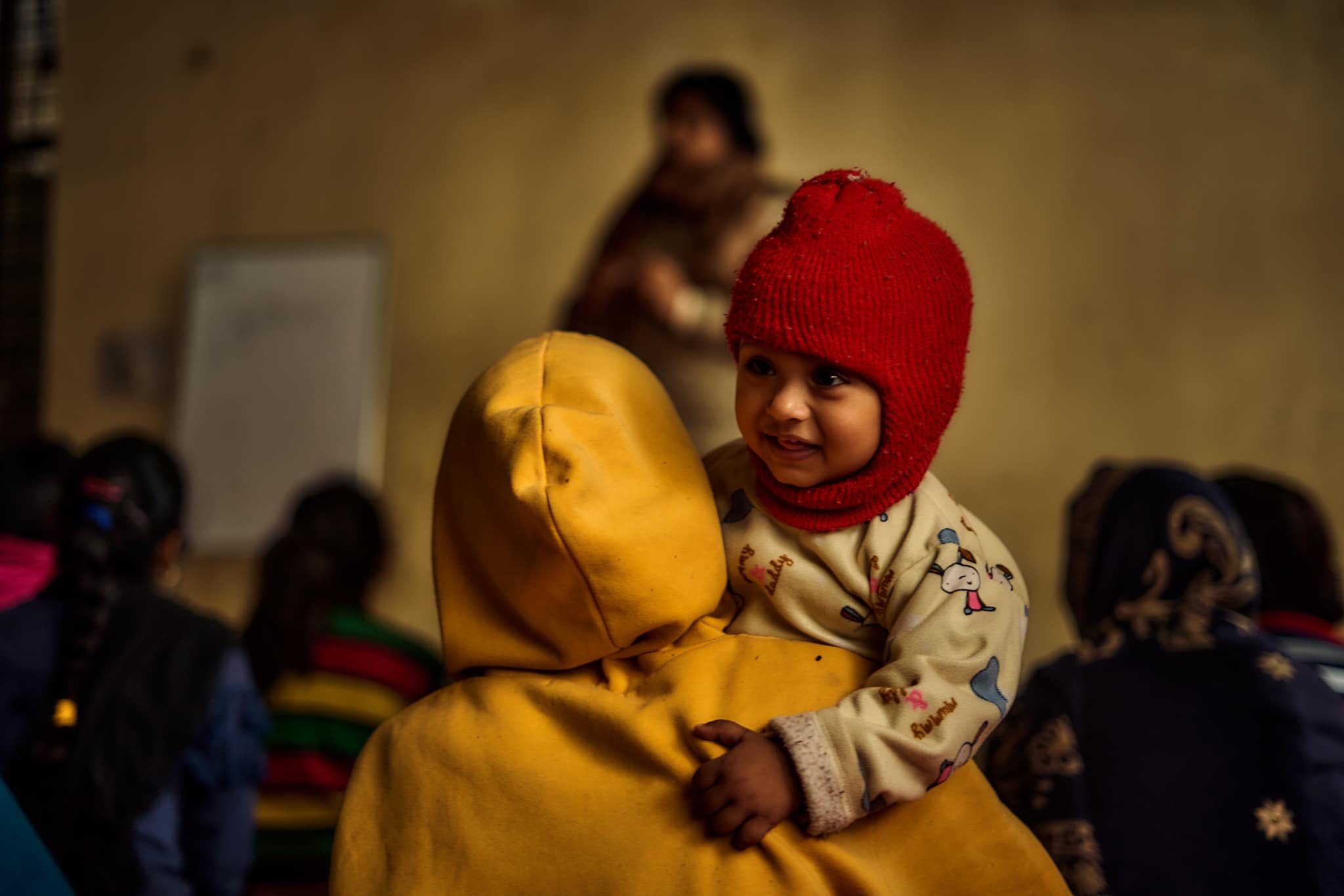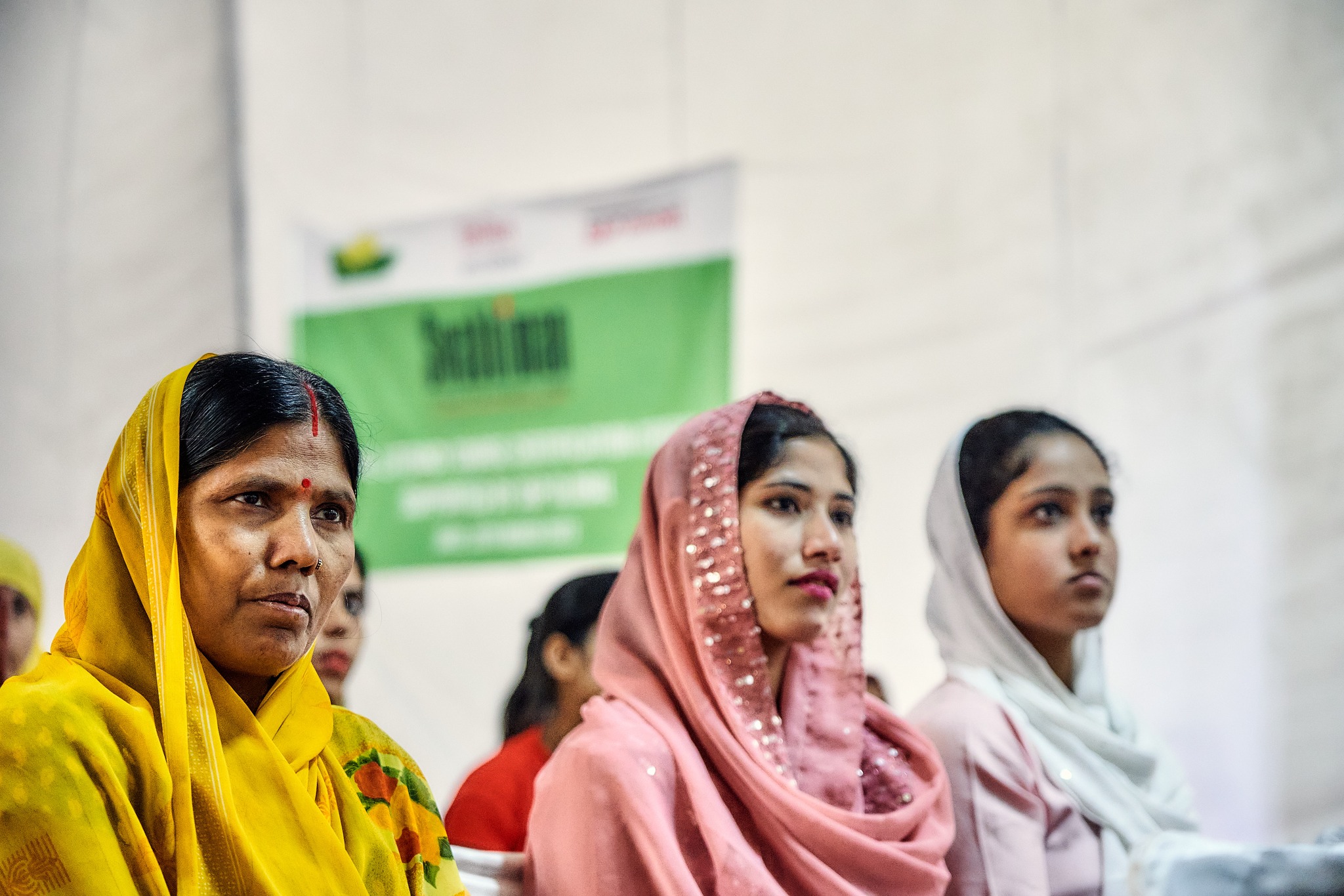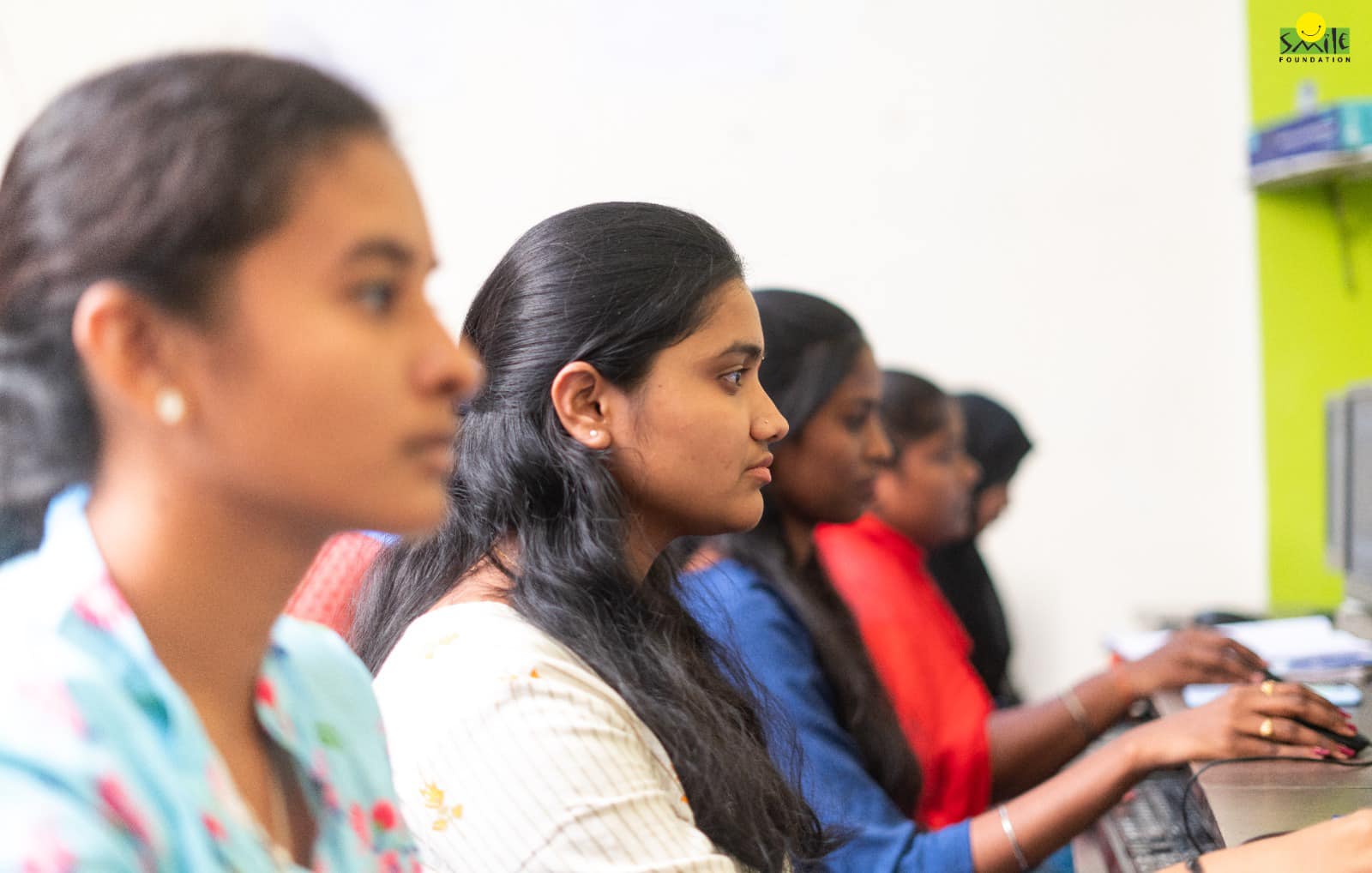Pandemics have significant psychosocial impact. Health anxiety, panic, adjustment disorders, depression, chronic stress, and insomnia are the major offshoots. Misinformation and uncertainty further give rise to mass hysteria. Covid-19 pandemic has brought about unprecedented fear and uncertainty, especially among elderly adults.
COVID-19 is changing the elderly people’s daily routines, the care and support they receive, their ability to stay socially connected and how they are perceived. Elderly people are being challenged by requirements to spend more time at home, lack of physical contact with other family members, friends and colleagues; and anxiety and fear of illness and death – their own and others. It is therefore important that we create opportunities to foster healthy ageing during the pandemic.
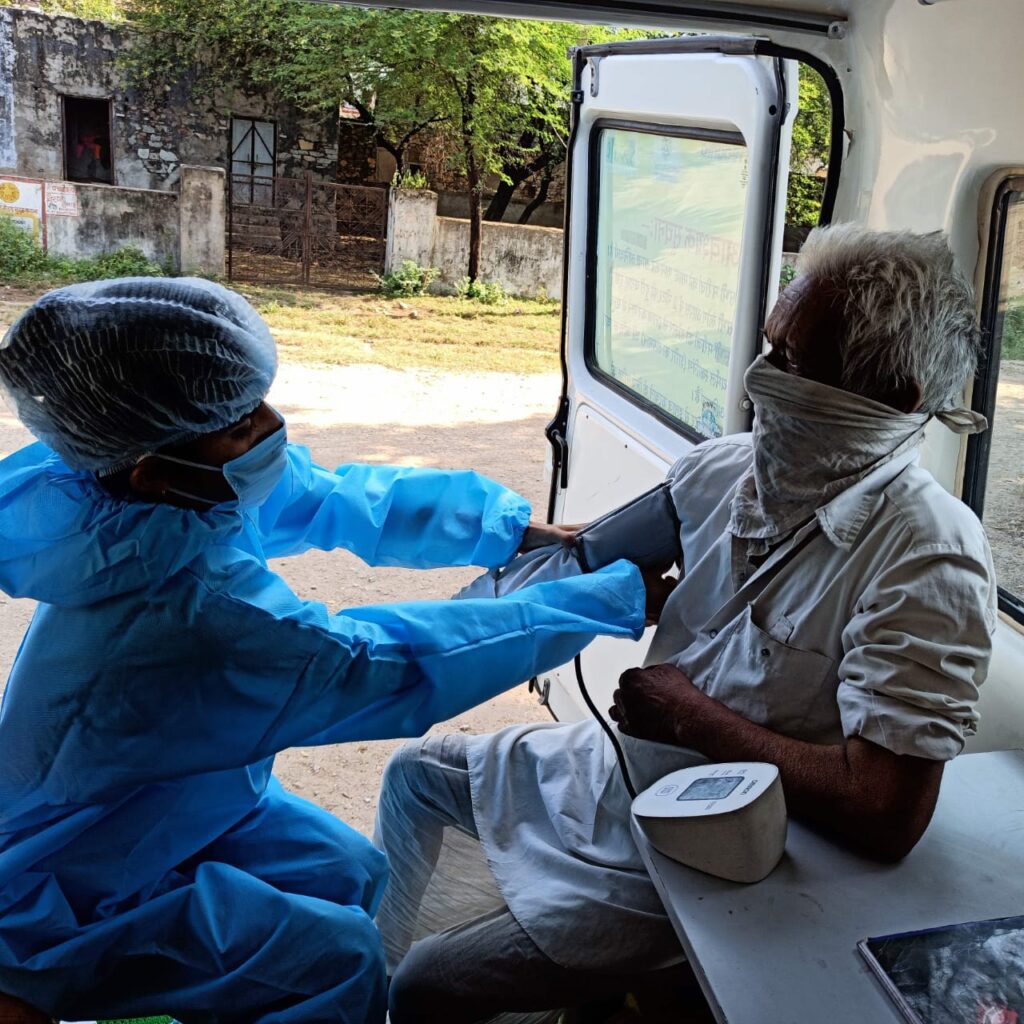
Dr Tedros Adhanom Ghebreyesus, Director-General, WHO, expressing his concern on the matter said, “Older people carry the collective wisdom of our societies. They are valued and valuable members of our families and communities. But they are at higher risk of the more serious complications of COVID-19. We are listening to older people and those who work with and for them, to identify how best we can support them. We need to work together to protect older people from the virus, and to ensure their needs are being met – for food, fuel, prescription medication and human interaction. Physical distance doesn’t mean social distance. We all need to check in regularly on older parents, neighbours, friends or relatives who live alone or in care homes in whatever way is possible, so they know how much they are loved and valued.”
There are several reasons why the elderly are somewhat more vulnerable – they have more chronic conditions than younger people, their aging immune system makes it harder to fight off diseases, infections and viruses. Recoveries are usually slower and more complicated.
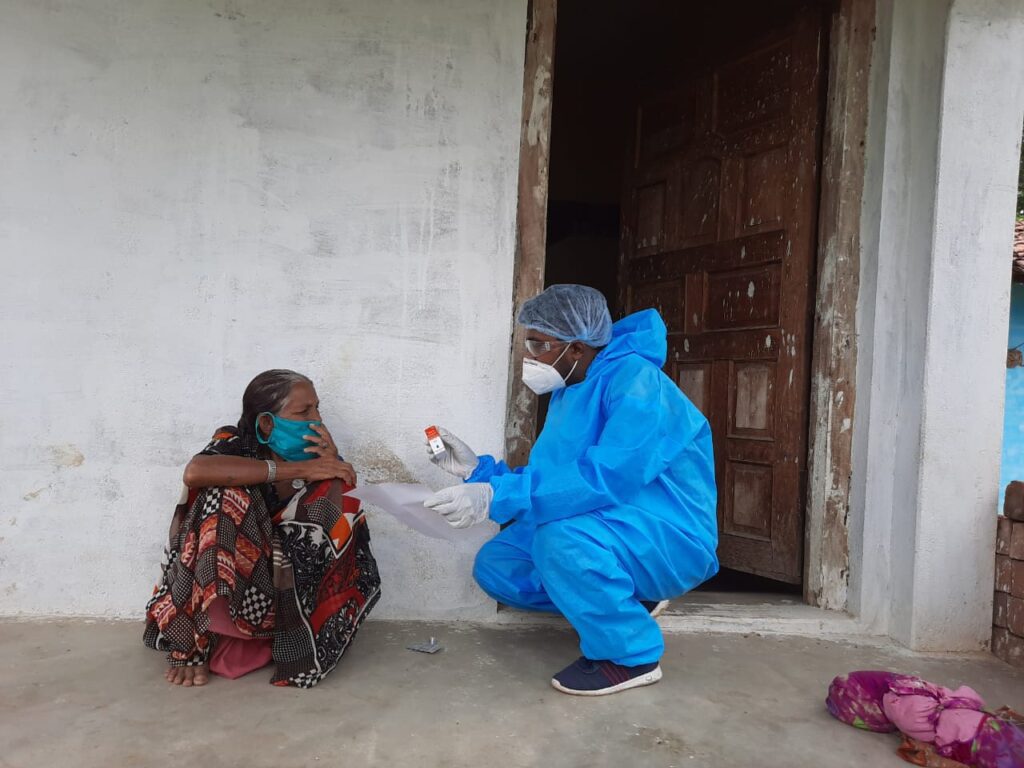
One important way to lower the risk of your older family members catching COVID-19 is to limit in-person visits. But this may be tough for older adults who cherish time spent with friends and family members. There is a need to understand that physical distancing doesn’t have to mean isolation or loneliness. We need to keep older adults safe, but also keep in mind that social isolation can have a negative impact on older people’s mental health.
The elderly rely on social connection more than most and they need it now more than ever. The elderly and retired sometimes need a helping hand and they also often need to have people around them.
To know more about how Smile Foundation is reaching out to the masses and the elderly visit https://www.smilefoundationindia.org/health-cannot-wait/



